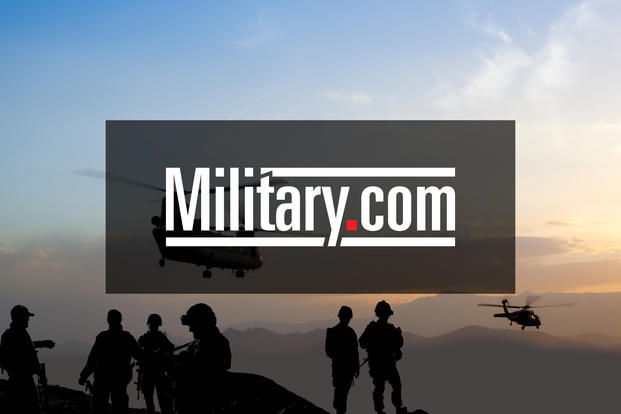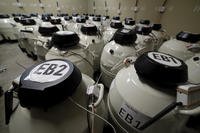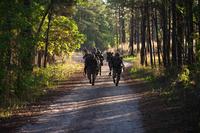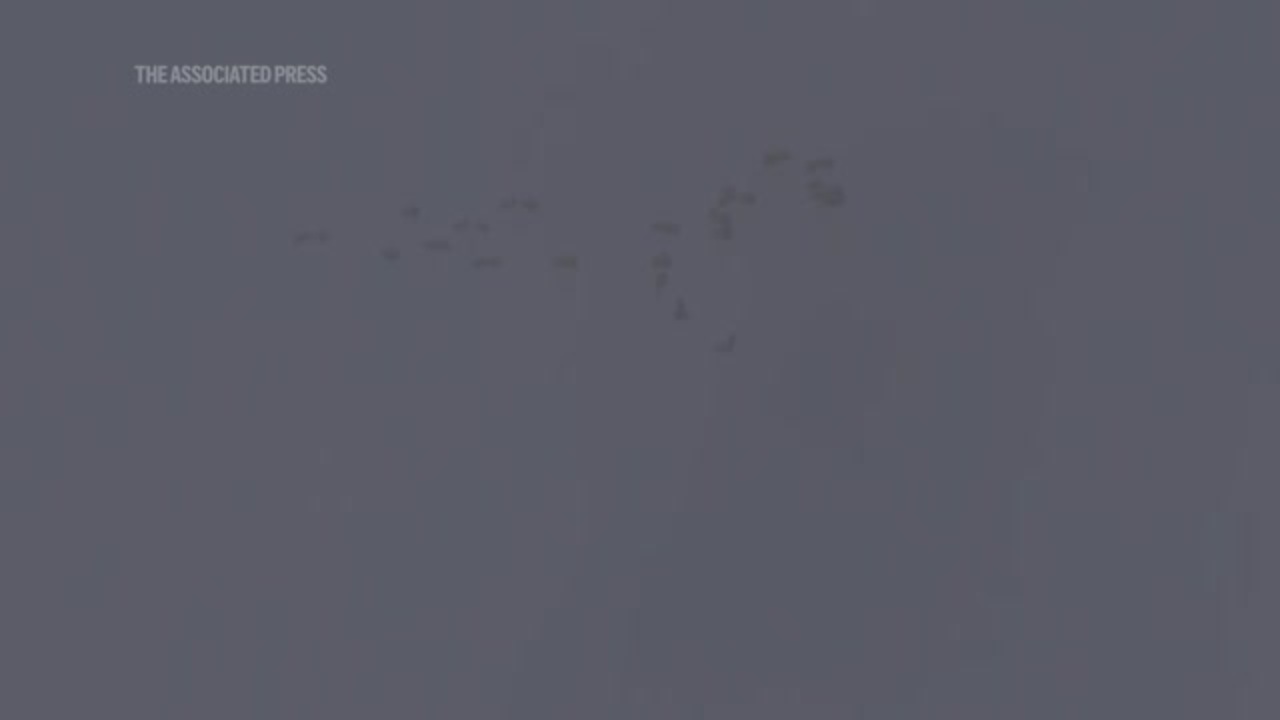The former commander in Afghanistan’s deadliest province came up with a different definition of winning Thursday than the one offered earlier this week by Marine Gen. Joseph Dunford, the commander of U.S. and coalition forces.
Marine Maj. Gen. Charles Gurganus said he agreed with Dunford that winning is “achievable” if the Afghan security forces and government succeed, and Al Qaeda is permanently denied sanctuary. But it won’t be a U.S. win, said Gurganus, who turned over Regional Command-Southwest in March to Marine Maj. Gen. Walter Miller.
He emphasized that it must be an Afghanistan “win.”
“We can’t want it worse than they want it,” Gurganus said.
Nearly 12 years of sacrifice by the allies have shored up the Afghan army and central government, and the Afghans must now “decide what to do with it,” he said. The war will end when the Afghan people decide that “this is over, we’ve had enough of this,” Gurganus said.
Gurganus and the officer who served as his deputy in southwestern Helmand province, British Brigadier Stuart Skeates, said Thursday at a breakfast with defense reporters that this summer will tell a lot about the Afghanistan military’s progress when it takes the lead on military operations.
The allies remain on a glide path to have all combat forces out by December 2014, and the Afghans will have the lead for the first time this summer in defeating the annual Taliban surge, Gurganus said.
The stakes are especially high in Helmand. Since the start of the war, 921 allied troops have been killed in Helmand. The next highest provincial death toll was 519 in neighboring Kandahar province, according to the website icasualties.org.
“I expect you would see a concerted effort by the insurgents” this summer, Gurganus said. The ANSF has made great strides but “I won’t tell you it’s all up and ready to roll,” Gurganus said.
The remaining Marines and British forces in Helmand are mostly focused on getting their gear in shape before being shipped home and returning bases that the Afghans don’t want back into desert, said Gurganus, who doubled as commander of 1 Marine Expeditionary Force (Forward).
The Marines are dismantling forward bases that the Afghans don’t choose to defend, even to the point of taking down the Hesco barriers, and leaving behind only a covering of gravel to hold down the desert dust, Gurganus said.
One sector of Helmand that still poses a major threat was the Bahram Chah area in the southernmost reaches of the province, Gurganus said.
Bahram Chah serves as a funnel for “lethal aid” flowing up from Paksistan to Helmand and other provinces, and also functions as a major narcotic trafficking center, Gurganus said.
“Right now, the ‘de facto’ border is along the southern end of the Helmand River as it makes a turn,” Gurganus said. “So the insurgents have got a way in, and being able to stop that is a challenge. We spend a lot of effort doing it, though.”
Only two years ago, there were a total of 193 allied bases in Helmand, and that number has dwindled to 45 as forces have withdrawn, Skeates said. Marine forces has dropped from about 20,000 to 6,500. The 9,500 British troops now in Afghanistan, most of them in Helmand, was expected to drop to 5,200 by the fall, Skeates said.
As the bases fold and the troop numbers dwindle, the amenities will also disappear, Gurganus said.
“There will come a day when you won’t be able to get ice cream in the chow hall,” Gurganus said. “You’re going to have to eat out of a little brown bag called an MRE (Meals Ready To Eat).”





























